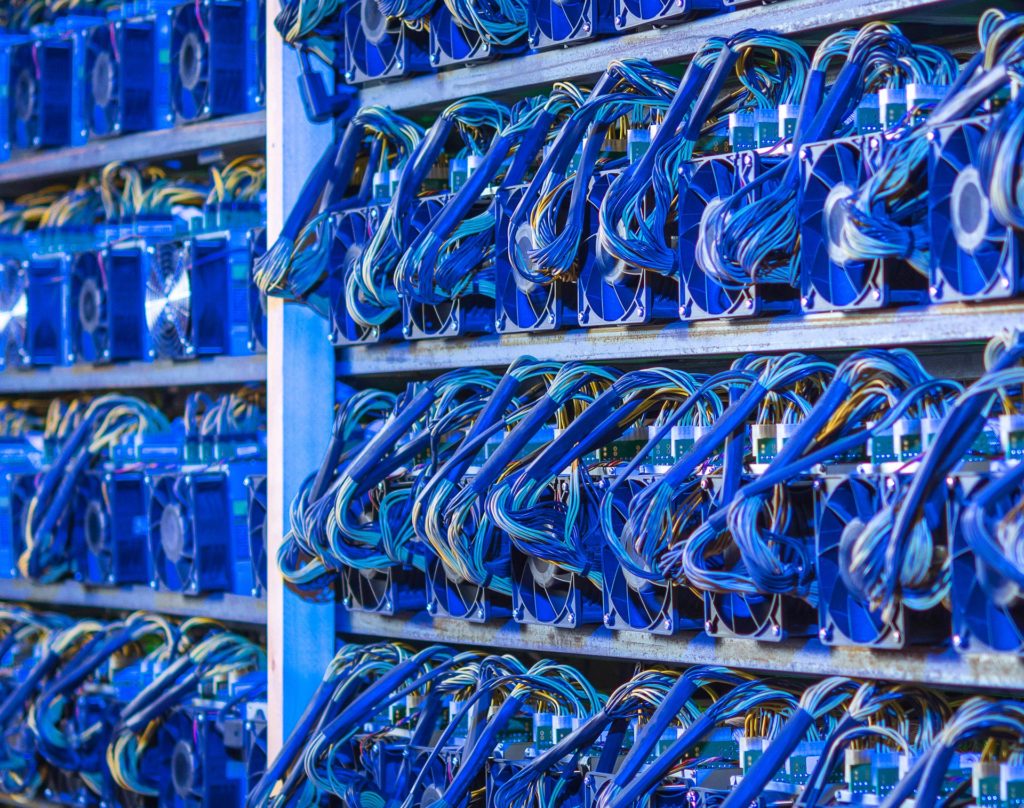on the crypto

Blackout
In January, Iran suffered a series of power outages. Local authorities have accused the bitcoin miners (here the quotation in real time) for such disruptions and launched a targeted attack on miners, large and small. In fact, the allegation is controversial and there is no evidence that it is true.
The government said miners consume only 2% of Iran's electricity, according to the Associated Press, but also said miners have made the country's electricity grid "unstable" since 2019, according to Radio Free Europe. .
The publication quotes Iran's deputy energy minister, who said some mining companies are based in "schools and mosques" that receive free electricity. In 2019, Iranians shared photos on social networks of at least one mining farm in a mosque. To date, it is not yet known how widespread this phenomenon is and the government has asked the mullahs to declare fatwas against electricity theft.
Chinese investors
Among the victims of the latest blackout closures is a mining company that recently opened a large mining farm in one of the country's special rate areas. On January 14, a couple of days after a nationwide power blackout, Iranian authorities temporarily shut down a mining farm in Rafsanjan, Kerman province, citing excessive load on the electricity grid.
The data center was certified by the authorities, according to the new local Mehr News store, but was taken offline "to manage energy consumption in the current situation". The company is managed by Iran and the China Investment Development Group.
Foreign guests
Rafsanjan was not the only Chinese mining company in Iran: a number of companies have been active in the country for a couple of years. In August 2019, miner Liu Feng told China news channel 8btc that he moved 3.000 of his ASICs to Iran to take advantage of the country's low-cost electricity, $ 0,006 / kilowatt hour.
In August 2020, Chinese mining pool Lubian also told 8btc that they have a mining farm in Iran. In addition to Chinese miners, Turkish and UAE companies are also arriving in Iran.
Domestic challenges
Meanwhile, the situation has been tough for Iranian small-scale miners in recent years. Last year, the Iranian government issued a directive requiring all mining facilities in Iran to register with the government.
Owners must disclose their identity, the size of their businesses and what type of ASIC they are using. The government also raised the electricity tariff from 482 to 1.930 rial / kilowatt hour. Until recently, there was simply no legal procedure for importing ASICs into Iran, Sadr said.
